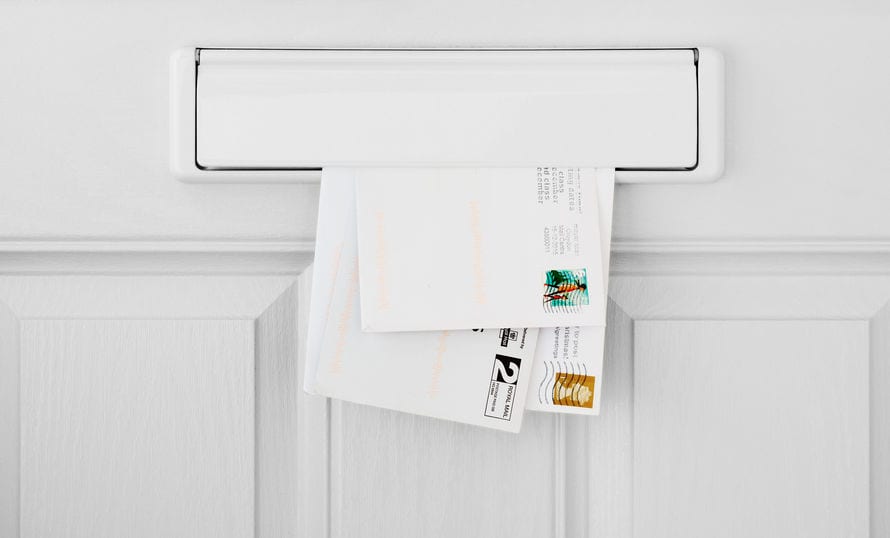What Is an IRS B Notice?
Payers that issue 1099s to freelance and gig workers (payees) may receive an IRS B notice if the IRS finds mismatches for taxpayer identification numbers (TIN) and/or names in its database.
Self-employed individuals are expected report 1099 income when they file a federal tax return. Individuals or companies paying freelancers to perform work for them must also send a 1099 to the IRS that shows how much that person was paid during a year.
The IRS sends two kinds of B notices to payers: CP2100 and CP2100A. Backup withholding notices are sent in October and April.
CP2100
The CP2100 is mailed to payers who send 1099s to the IRS if that payer files more than 50 information returns containing incorrect or mismatched data.
CP2100A
The CP2100A is mailed to payers who send 1099s to the IRS if that payer files less than 50 information returns with incorrect or mismatched data.
What’s the Difference Between a First B Notice and Second B Notice?
The initial B notice informs the payer that the combination of TIN and a name has not been identified in any B notice received by the filer within the past three years. Individuals named in the first B notice must complete a W-9 to prevent backup withholding.
The second B notice informs the payer that a mismatched TIN has been recognized by two B notices within the past three years.
This means that the payer may be subject to starting backup withholding for payees unless they collect social security numbers and send them to the IRS for further examination of mismatched TINs.
What Does Backup Withholding Mean?
In some cases, payers are expected to withhold taxes at a rate of 24%. This “backup withholding” ensures the IRS receives taxes owed by an individual throughout the year and without having to wait until the tax deadline.
Backup withholding typically involves payments reported on W-2Gs or 1099s.
It can include the following payment situations:
- Third-party system transactions
- Interest payments
- Payments earned by independent contractors or self-employed individuals
- Royalty payments
- Gambling or fantasy sports winnings
- Attorney’s fees
Certain payments are exempt from backup withholding, such as:
- Foreclosures
- Real estate transactions
- Long-term care benefits
- Cancelled debts
- Unemployment compensation
- Local and state tax refunds
- Retirement account distributions
Does the IRS Notify Taxpayers Before B Backup Holding Begins?
Payers are given 30 days to notify and receive a response from payees with mismatched TINs. Payers must start the backup withholding process if they do not receive a response from the payee in 30 days.
However, once the payee responds to a payer’s notification of a mismatch by sending their TIN or social security number, then the payer must take action to stop backup withholding on payments made to the payee within 30 days after receiving the correct information.
How Long Does IRS B Backup Withholding Last?
Backup withholding lasts as long as the payee is working for the payer and does not respond to the payer’s request for updated TIN or social security number information. Once the backup withholding begins, the payee is responsible for providing the correct information to the payer.
If the payee stops working for the payer, the IRS may continue issuing notices to the payee regarding their mismatched TIN. Moreover, if the payee starts earning taxable income from a job that does not involve receiving 1099s, the IRS database will flag the payee’s next federal tax return.
What Happens If a Payer Doesn’t Comply with IRS B Notice CP2100?
If a payer neglects to take care of B notices, the IRS will penalize them $270 for each TIN that has been misreported. Interest will accrue on penalties until corrections are made to mismatched TINs.
For example, if a payer has been notified of 50 mismatched TINs involving their payees, and they do not respond to B notices mailed to them by the IRS, then the IRS will issue a penalty of $13,500 to the payee ($270 x 50).
This penalty amount is considered an official federal tax debt the payer owes to the IRS.
Need more help? You can start online by answering 6 simple questions. You can also call us at 866-568-4593.
6 Simple Questions. Free Evaluation.
Join our Newsletter
Enter your email address to join our free newsletter. Get all the latest news and updates.

